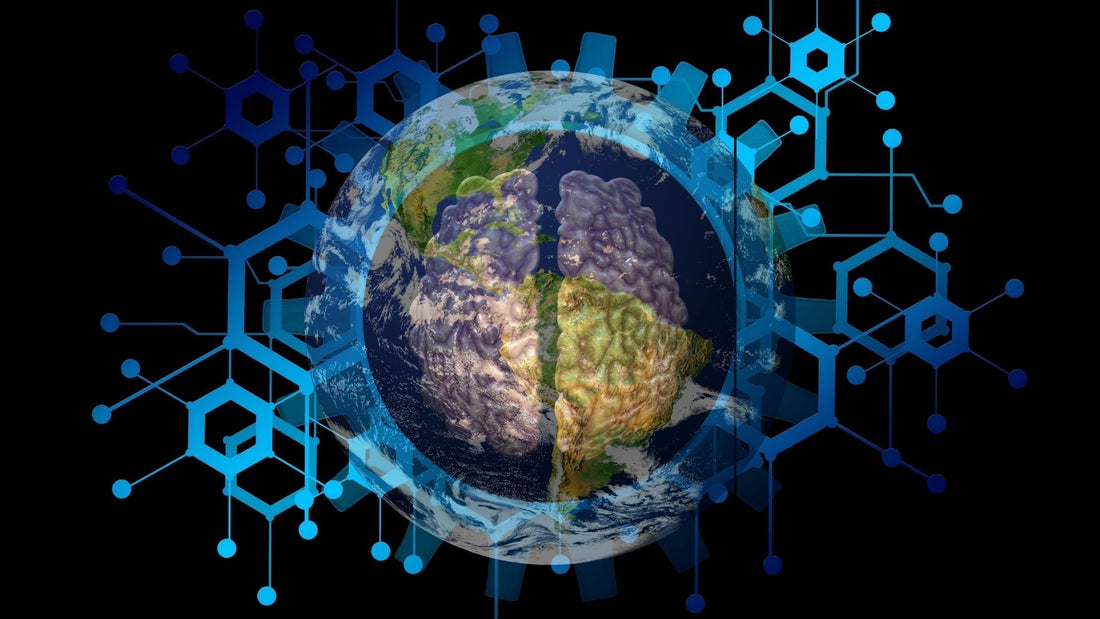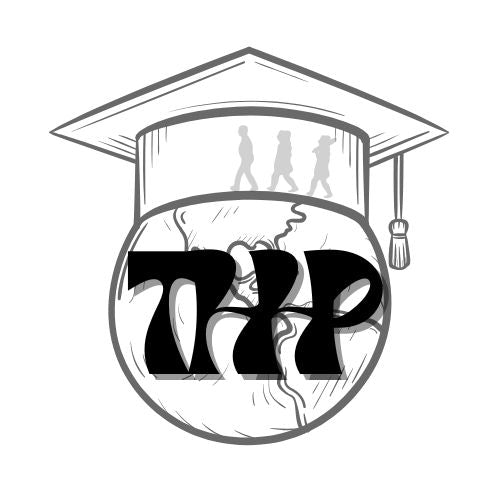
Moving Beyond Dates: Teaching History for Critical Thinking and Global Awareness
Share
The way we teach world history is evolving, and it’s time for educators to move away from traditional methods that emphasize rote memorization of names, dates, and isolated facts. In today’s digital age, when information is readily accessible, the emphasis in history education should shift from memorizing data to developing critical thinking skills, fostering global awareness, and nurturing the ability to question, analyze, and make connections. Rather than simply remembering dates and figures, students should gain a deep understanding of their relevance, how they shaped the world, and how those lessons can inform their future.
The Flaws of Memorization in Modern Education
Historically, teaching world history often centered on students memorizing specific dates, names of historical figures, and key events. While knowledge of important figures and events is certainly valuable, the reliance on memorization fails to equip students with the skills they need for the modern world. Research shows that rote memorization is not an effective method for long-term retention and application of knowledge. According to cognitive load theory (Sweller, 2011), students can only process a limited amount of information at a time, and when too much focus is placed on remembering trivial details, cognitive overload occurs. This can hinder their ability to engage in deeper thinking and problem-solving, skills that are essential in today’s fast-paced, ever-changing world.
In addition, the overwhelming amount of information available through digital tools means that students can easily look up facts and figures, which makes memorization less relevant. In fact, one study by the National Center for Education Statistics (NCES, 2018) showed that access to information and digital tools has fundamentally changed the way students interact with content, making traditional methods of teaching increasingly outdated. Why should students focus on memorizing facts that are easily accessible when they could spend their time learning how to navigate complex issues and build skills that matter in the 21st century?
Building 21st Century Skills through Inquiry-Based Learning
Instead of spending valuable classroom time drilling dates and names into memory, history education should prioritize the development of 21st century skills—critical thinking, communication, collaboration, and creativity. Inquiry-based learning is a powerful approach to achieving this. According to research by the National Research Council (2000), inquiry-based learning encourages students to ask questions, explore different perspectives, and seek out information that deepens their understanding. This method not only enhances student engagement but also fosters a mindset of lifelong learning, which is essential for success in the modern world.
When students are given the autonomy to follow their own interests and curiosities, they engage in deeper learning that is personally meaningful. A study by Hidi and Renninger (2006) found that when students are intrinsically motivated by topics they find interesting, their learning outcomes improve. This approach allows students to dig deeper into topics that resonate with them, develop their research skills, and make connections between historical events and contemporary issues. By focusing on developing these skills, students are not only learning about history but also gaining the ability to think critically, analyze evidence, and make informed decisions—skills that are necessary for success in the 21st century.
Fostering Global Awareness and Understanding
In a globally connected world, it is crucial for students to develop a broad, interconnected understanding of history that extends beyond the national narratives that are often taught in the classroom. Understanding how events in one part of the world influence others is key to developing empathy and global awareness. The ability to recognize the relevance of past events in the context of global issues today—such as climate change, international conflicts, and social movements—helps students to better understand the complexities of the world and prepares them to be informed, active citizens.
Global awareness also strengthens students’ cultural competence, which is increasingly important in our multicultural societies. According to the Organisation for Economic Co-operation and Development (OECD, 2018), fostering cultural competence and global awareness is a critical component of education in the 21st century. Students who are taught to think critically about history within a global context develop a deeper appreciation for diverse perspectives, which is essential for success in today’s interconnected world.
Making Room for Deeper Learning
By reducing the focus on memorizing names, dates, and events, we can make room for inquiry-based learning that nurtures curiosity, critical thinking, and problem-solving. The benefits are clear: students who are engaged in active learning, exploring topics they care about, are more likely to develop a deeper understanding of the material. As the Partnership for 21st Century Learning (2019) notes, fostering critical thinking, creativity, and collaboration should be at the heart of education in the 21st century.
At the same time, this approach doesn’t mean that students should not learn about significant historical figures and events. Rather, the emphasis should be on understanding their relevance. What made certain figures influential? How did specific events shape the course of history, and what can we learn from them? This shift will help students develop a richer, more nuanced understanding of the world while also building skills that will serve them well in the future.
The Human History Project: A Solution for Modern History Education
The Human History Project is a world history program designed for middle school and KS3 students that aligns with these educational goals. The program emphasizes inquiry-based learning, encourages critical thinking, and fosters global awareness. By focusing on the significance of key historical figures and events, students develop a deeper understanding of history while simultaneously building essential 21st century skills.
With the Human History Project, educators can move beyond rote memorization and engage students in meaningful discussions and projects that make history come alive. The resources are designed to support inquiry-based learning, providing opportunities for students to explore historical topics in depth, ask questions, and develop their own insights.
As educators, it is our responsibility to prepare students for the future, not by filling their minds with trivial facts, but by equipping them with the skills they need to navigate a rapidly changing world.
If you are an educator or school leader looking to transform your history curriculum and help students develop critical thinking, global awareness, and inquiry-based learning skills, consider adopting The Human History Project resources in your classroom. This innovative program empowers students to explore world history while building the 21st century skills they need for success. Visit our website to learn more about our products.
References
Hidi, S., & Renninger, K. A. (2006). The four-phase model of interest development. Educational Psychologist, 41(2), 111-127. https://doi.org/10.1207/s15326985ep4102_4
National Center for Education Statistics (NCES). (2018). The condition of education 2018 (NCES 2018-144). U.S. Department of Education, Institute of Education Sciences. https://nces.ed.gov/pubs2018/2018144.pdf
National Research Council. (2000). Inquiry and the national science education standards: A guide for teaching and learning. National Academy Press.
OECD. (2018). The future of education and skills 2030: Preparing our youth for an inclusive and sustainable world. OECD Publishing. https://doi.org/10.1787/9789264289897-en
Partnership for 21st Century Learning. (2019). Framework for 21st century learning. P21. https://www.battelleforkids.org/networks/p21
Sweller, J. (2011). Cognitive load theory. Springer Science & Business Media.
